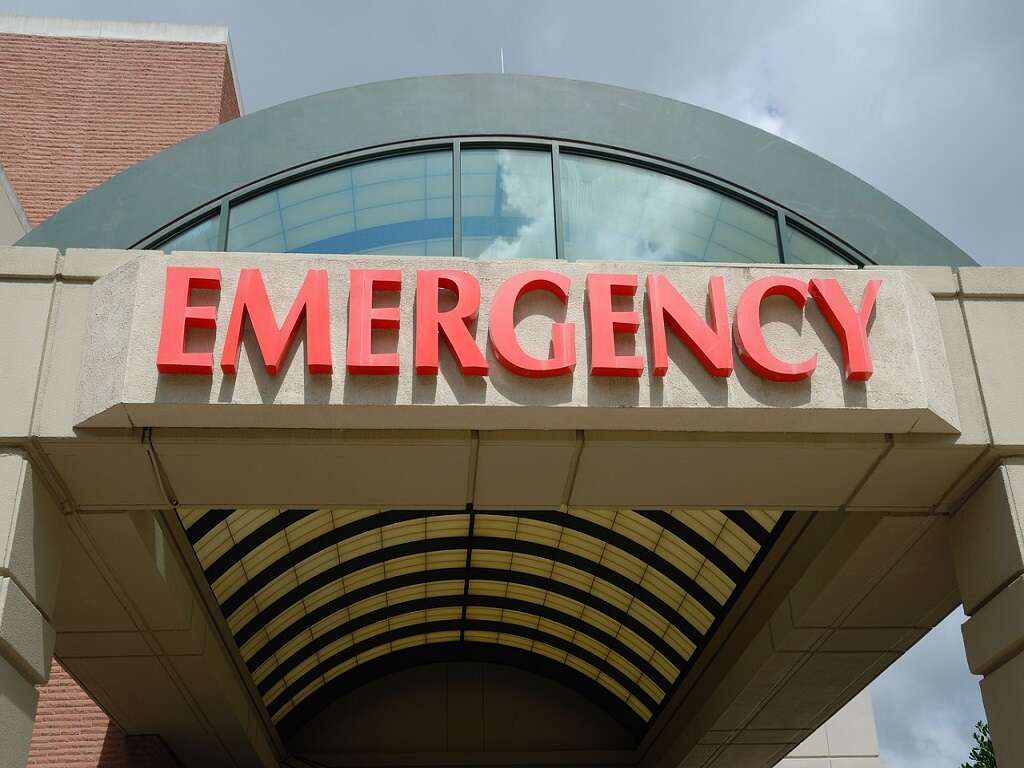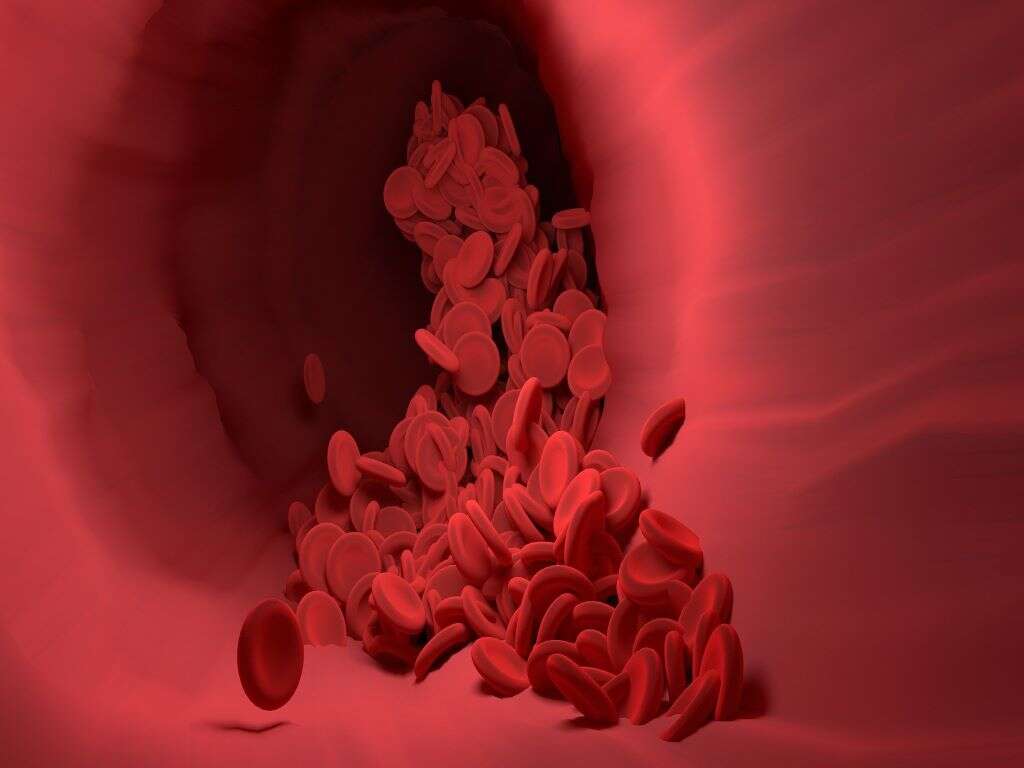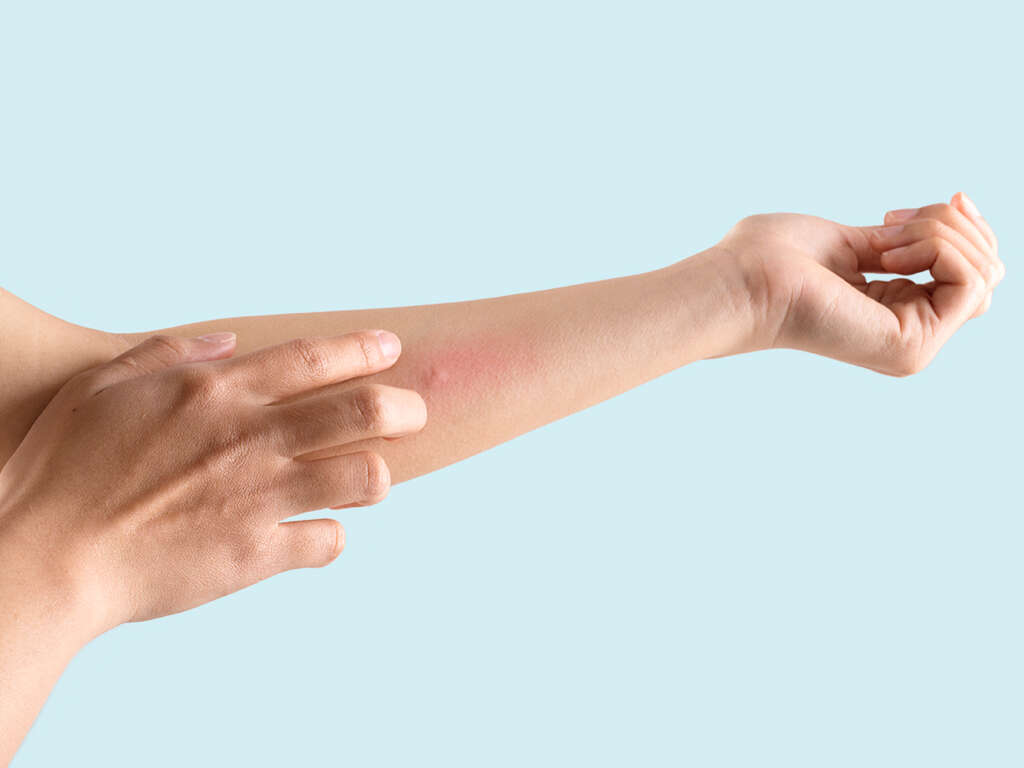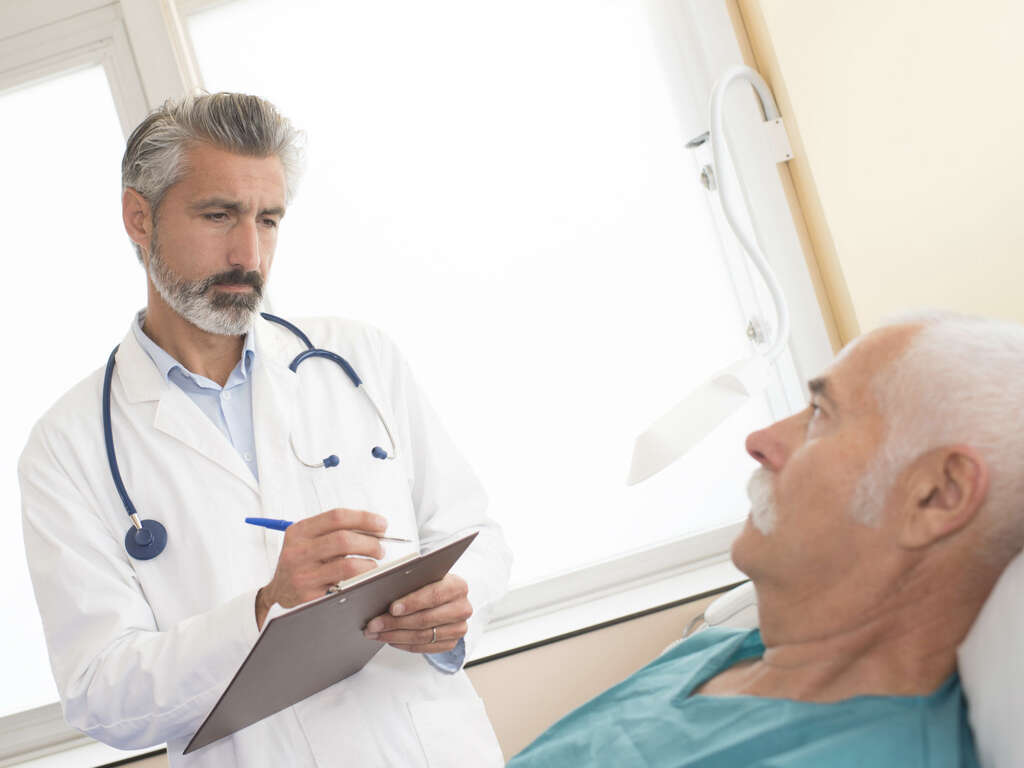10 Flesh Eating Bacteria Symptoms
 Article Sources
Article Sources
- 1. 'Necrotizing Fasciitis: Acting Fast Is Key.' Centers for Disease Control and Prevention, Centers for Disease Control and Prevention, 31 Dec. 2019, www.cdc.gov/groupastrep/diseases-public/necrotizing-fasciitis.html
- 2. 'Get the Facts about Necrotizing Fasciitis: The Flesh-Eating Disease.' APIC, apic.org/monthly/alerts/get-the-facts-about-necrotizing-fasciitis-the-flesh-eating-disease/
- 3. 'Necrotizing Fasciitis.' NORD (National Organization for Rare Disorders), 28 Oct. 2019, rarediseases.org/rare-diseases/necrotizing-fasciitis/
- 4. 'Fever: Symptoms, Causes, Care & Treatment.' Cleveland Clinic, my.clevelandclinic.org/health/symptoms/10880-fever
- 5. 'What Is Sepsis?' Centers for Disease Control and Prevention, Centers for Disease Control and Prevention, 27 Jan. 2021, www.cdc.gov/sepsis/what-is-sepsis.html
Fever
A fever is common with any infection. The rise in temperature is an indication the immune system is fighting a virus or bacteria, such as necrotizing fasciitis. In addition, the fever may be accompanied by related symptoms, such as chills, sweating and body aches.
Over-the-counter NSAIDs may reduce the fever. However, if the fever exceeds 103 degrees, prompt emergency medical care may be necessary to prevent dangerous complications such as seizures.3‘Necrotizing Fasciitis.’ NORD (National Organization for Rare Disorders), 28 Oct. 2019, rarediseases.org/rare-diseases/necrotizing-fasciitis/,4‘Fever: Symptoms, Causes, Care & Treatment.’ Cleveland Clinic, my.clevelandclinic.org/health/symptoms/10880-fever
Advertisement










